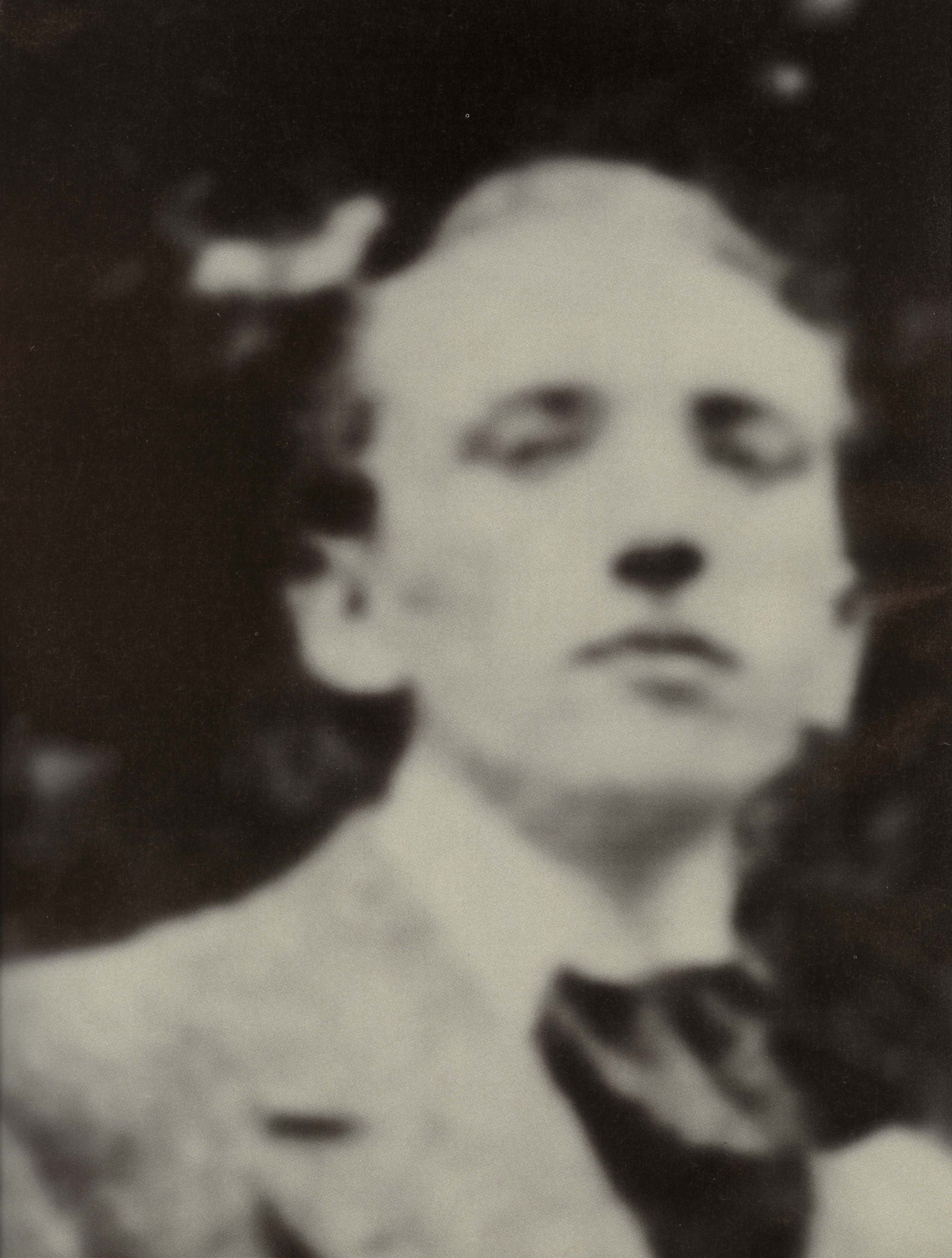vershy versh
Well-known member
We've never read him. We're going to read him. Has anyone read him?



i didn't know until just now that he wrote some novels might be a good way in

not found a copy yet
who did the translation ???If you don't mind reading on a device...
who did the translation ???
I started reading a bit based on some stuff Andrew Gallix had written about him in Unwords. Problem was I got the Blanchot reader and it’s just enormous and rather dispiriting - I put it down and haven’t picked it up since. I should give it another go.
and nabokov says in an interview the word reality should always be in inverted commas
Yes it is. I’ve got it back off the shelf. I will attempt some tomorrow.Is it the Station Hill one?
I'm reading Death Sentence right now. It's only 80 pages.
" ... the story of the narrator's relations with two women, one terminally ill, the other found motionless by him in a darkened room after a bomb explosion has separated them."

Which one next?
I'm reading Death Sentence right now. It's only 80 pages.
" ... the story of the narrator's relations with two women, one terminally ill, the other found motionless by him in a darkened room after a bomb explosion has separated them."

